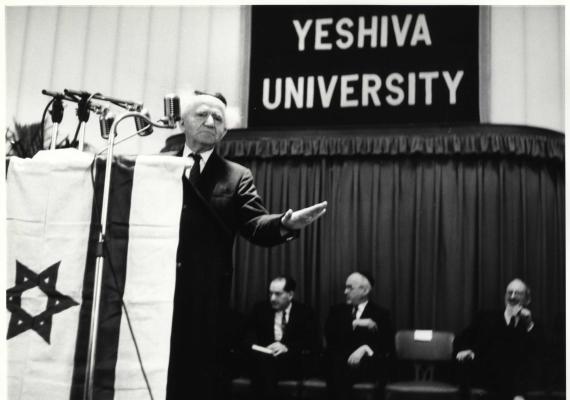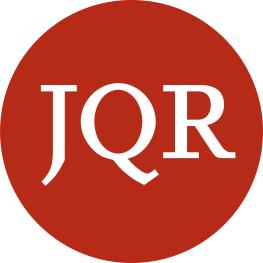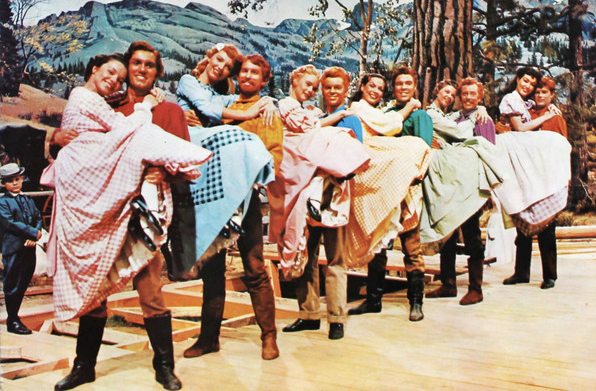David Ben-Gurion on Campus in 1960
Historian Adam Ferziger looks at the Israeli PM’s outreach to American youth

In the current issue of JQR (113.2), Adam Ferziger makes exciting use of archival audio footage of David Ben-Gurion speaking live on university campuses in the United States in 1960. He uses the footage alongside contemporaneous first-hand accounts to offer new insight into the way the legendary prime minister approached the relationship between American Jews and Israel at a late stage in his career. Against a consensus view that Ben-Gurion had by then largely stopped pressing diaspora Jewish communities to promote aliyah, and shifted to a program of partnership with them, Ferziger shows that Ben-Gurion still hoped to inspire a new generation of Americans to embrace the Israeli project. Even if he had largely given up on the diaspora Jewish establishment, he still tried to appeal to the sense of adventure and hunger for deeper commitment among young people on the eve of the political and social revolutions of the sixties. A major new avenue for youth engagement that he promoted was the year of study in Israel—a practice that has since become de rigueur.
Ferziger makes use of written accounts of Ben-Gurion’s appearances alongside the tape recordings, but the audio facilitates insights that would not be attainable with transcripts, diaries, and news clippings alone. He is able to get a read on the feeling in the room—noting awkward silences and well-received jokes, variously accented Hebrew (or avoidance thereof) on the part of introducers, and whether student applause was enthusiastic or merely polite. Differences in tone correlated with the different cultural and political situations at the campuses he visited—the secular Brandeis University, the Conservative JTS, the Reform Movement’s HUC–JIR, and the Orthodox-affiliated Yeshiva University.
You, too, can transport yourself to an American Jewish campus in 1960, at least aurally, since the recordings of the YU and JTS appearances are freely available to stream on their websites. And once you have gotten a taste of the scene, you can turn to Ferziger’s essay (totally open access until July 15) for a higher order analysis of this visit’s significance in the ongoing tale of relations between American and Israeli Jews.



